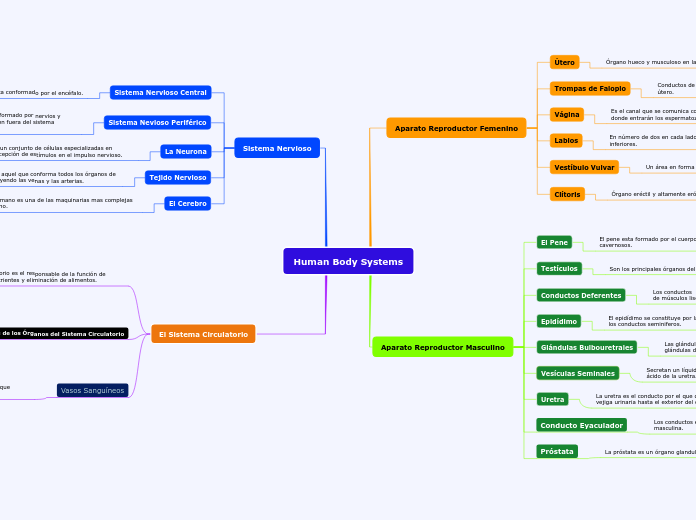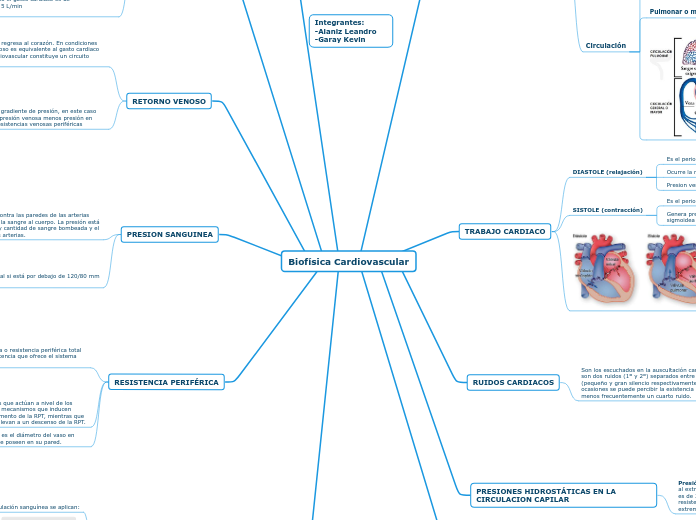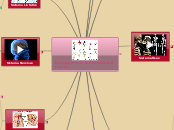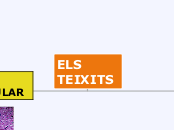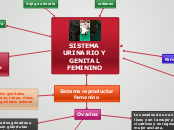Human Body Systems
In linguistics, syntax is the set of rules, principles, and processes that govern the structure of sentences in a given language, usually including word order.
El Sistema Circulatorio
Vasos Sanguíneos
Los vasos sanguíneos forman una red de conductos que transportan la sangre desde el coraón a los tejidos.
Funciones de los Órganos del Sistema Circulatorio
Arteria
Conduce la sangre que ha ido perdiendo oxígeno hasta los pulmones, donde se invierte el proceso.
El corazón es el órgano principal en el sistema circulatorio es el responsable de entregar la circulación de la sangre a todas las partes del cuerpo.
Corazón
El sistema circulatorio es el responsable de la función de distribución de nutrientes y eliminación de alimentos.
Sistema Nervioso
A complex sentence is a sentence that contains an independent clause and one or more dependent clauses.
An independent clause can stand alone as a sentence, but a dependent clause even though it has a subject and a verb cannot stand alone.
El Cerebro
An adverbial clause is a group of two or more words that function as an adverb in a sentence.
El cerebro humano es una de las maquinarias mas complejas del ser humano.
Tejido Nervioso
An appositive clause follows another noun or noun phrase in apposition to it; that is, it provides information that further identifies or defines it.
El tejido nervioso es aquel que conforma todos los órganos de nuestro cuerpo incluyendo las venas y las arterias.
La Neurona
The subject clause is a dependent clause that acts as a subject.
La neurona es un conjunto de células especializadas en sintetizar la recepción de estímulos en el impulso nervioso.
Sistema Nevioso Periférico
A predicative clause may be introduced by conjunctions - that, whether, whether... or, as, as if, as though, because, lest, the way - or connectives.
The latter may be conjunctive pronouns - who, whoever, what, whatever, which - or conjunctive adverbs - where, wherever, when, whenever, how, why.
El sistema nervioso periférico esta formado por nervios y neuronas que residen o se extienden fuera del sistema nervioso central hacia los órganos.
Sistema Nervioso Central
The object clause is a phrase on which a verb performs an action. It falls at the end of a sentence, and is governed by a verb or a preposition.
El sistema nervioso central esta conformado por el encéfalo.
Aparato Reproductor Masculino
Próstata
La próstata es un órgano glandular del aparato genitourinario.
Conducto Eyaculador
Los conductos eyaculatorios constituyen parte de la anatomia masculina.
Uretra
La uretra es el conducto por el que discurre la orina desde la vejiga urinaria hasta el exterior del cuerpodurante la micción.
Vesículas Seminales
Secretan un líquido alcalino viscoso que neutraliza el ambiente ácido de la uretra.
Glándulas Bulbouretrales
See the example below and try to create your own simple sentences.
Tim is driving the red car.
Las glándulas bulbouretrales, también conocidas como glándulas de Cowper.
Epidídimo
See the example below and try to create your own simple sentences.
Tim is driving the car with his mother.
El epidídimo se constituye por la reunión y apelotonamiento de los conductos seminiferos.
Conductos Deferentes
See the example below and try to create your own simple sentences.
Tim is the driver.
Los conductos deferentes son un par de conductos rodeados de músculos liso.
Testículos
See the example below and try to create your own simple sentences.
Tim drives the car.
Son los principales órganos del sistema reproductor masculino.
El Pene
See the example below and try to create your own simple sentences.
Tim drives.
El pene esta formado por el cuerpo esponjoso y los cuerpos cavernosos.
Aparato Reproductor Femenino
Clítoris
An adverbial is an individual word (that is, an adverb), a phrase, or a clause that can modify a verb, an adjective, or a complete sentence.
Órgano eréctil y altamente erógeno de la mujer.
Vestíbulo Vulvar
The attribute is defined as a quality or characteristic of a person, place or thing.
Un área en forma de almendra perforado por seis orificios.
Labios
The predicative is defined as an adjective or noun forming or contained in the predicate.
Its main trait is that it serves to express a property that is assigned to a 'subject'.
For e.g.: The dog is old.
En número de dos en cada lado, los labios superiores y labios inferiores.
Vágina
Traditional grammar defines the object in a sentence as the entity that is acted upon by the subject.
Es el canal que se comunica con el exterior, conducto por donde entrarán los espermatozoide.
The indirect object identifies the person/thing for whom/which the action of the verb is performed.
The indirect object is usually a person or a thing.
Trompas de Falopio
The predicate of a sentence is the part that modifies the subject in some way. Because the subject is the person, place, or thing that a sentence is about, the predicate must contain a verb explaining what the subject does and can also include a modifier.
Conductos de entre 10 y 13 cm que comunican al ovario con el útero.
Útero
The subject of a sentence is the person, place, thing, or idea that is doing or being something. You can find the subject of a sentence if you can find the verb.
Ask the question, 'Who or what 'verbs' or 'verbed'?' and the answer to that question is the subject.
Órgano hueco y musculoso en la que se desarrollá el feto.
